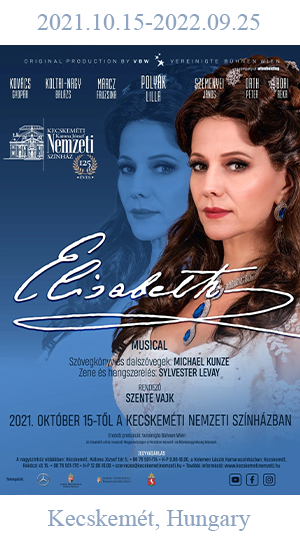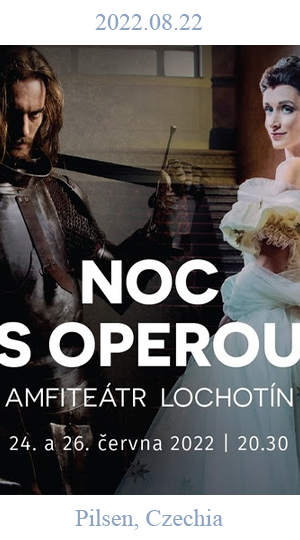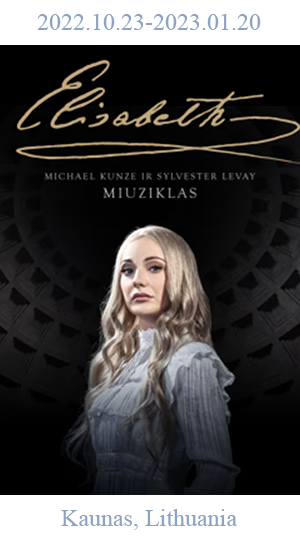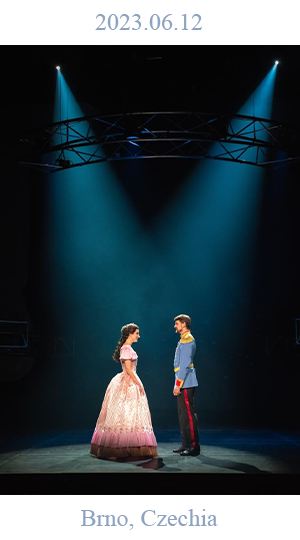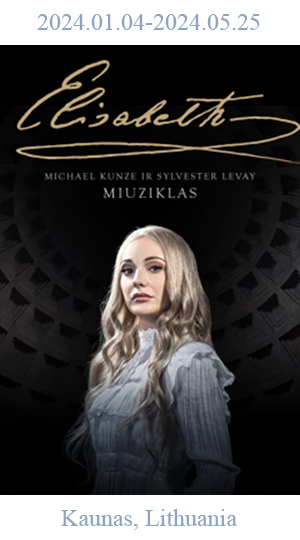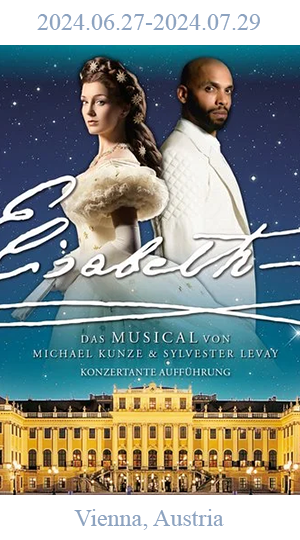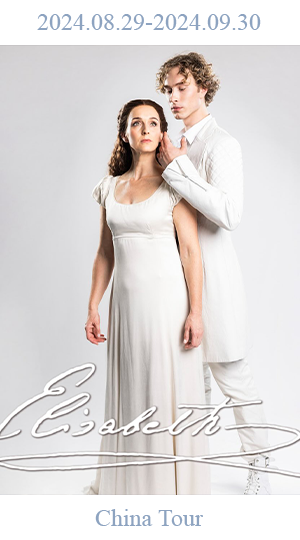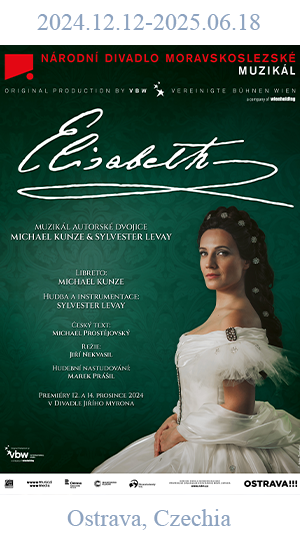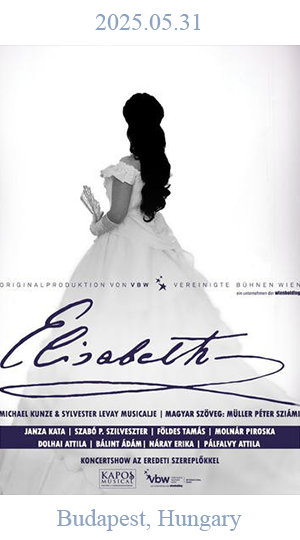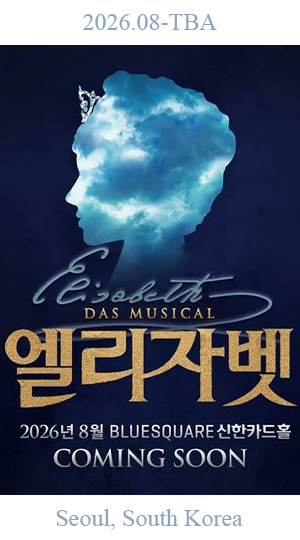TW. This musical contains depictions of: mental illness, depression, suicidal ideation, suicide, major character death, fascism.
Elisabeth (or Elisabeth das Musical) is a German-Language musical that premiered in Austria on September 3rd 1992. The music is by Sylvester Levay with lyrics and book by Michael Kunze. The original production ran from then until April 25th 1998, but since then there has been two Vienna revivals and countless productions across the world with it being translated into many different languages. Since the original production many changes have been made including complete redesigns of costumes and sets, adding of additional songs, and adding of additional plot points. I first watched Elisabeth das Musical, the original 1992 production, in 2020 and fell in love. It became and has remained my main special interest. I adore the original production, it's androgynous gender-non-conforming Der Tod, the elaborate sets, the vine detailing on the costumes showing how the characters are being raised from the dead to reenact their lives, the complexity of Death's character as not just a love-interest but a manifestation of Elisabeth and Rudolf's suicidal ideation and more. Sadly, newer productions have cut things out like Death's (who is always depicted as male) scene where he wears a dress, the queer kiss between Death and Rudolf and sometimes the entire seduction, and in my opinion downgraded new costumes and sets.
The plot: Elisabeth tells the story of the real-life Empress Elisabeth of Austria from when she is 16 to her murder at 60, her marriage to Emperor Franz-Joseph and a focus on one of her sons Prince Rudolf. The musical opens with her murderer on trial in the underworld trying to explain why he killed her which results in the retelling of her life. The musical also focuses on Elisabeth and Rudolf's mental health struggles and suicidal ideation through their fixation with and love of death. This is shown through Death manifesting as a man and trying to seduce both Elisabeth and Rudolf and thus lore them to their deaths. Depending on the production Death is portrayed more as a metaphor for their suicidal ideation and a in-human, gender-non-confirming being, who raises questions of not just if he is really in love with Elisabeth but if he's even capable of love as this personification of a concept. Whereas other times he is stereotypically masculine, only seduces Elisabeth and is very clearly in love with her.
Below are posters for every production of Elisabeth das Musical, click on a poster to go to a page about that specific production (includes dates, cast list, song list, changes and links of where to watch and listen to that production).
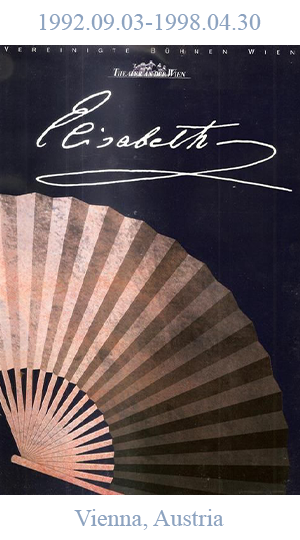

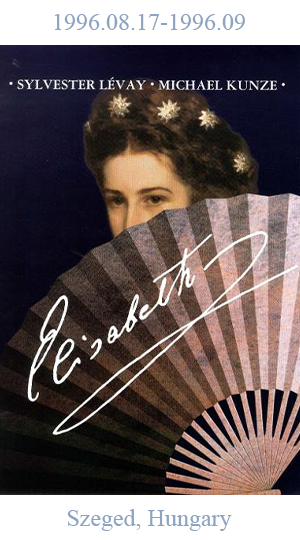
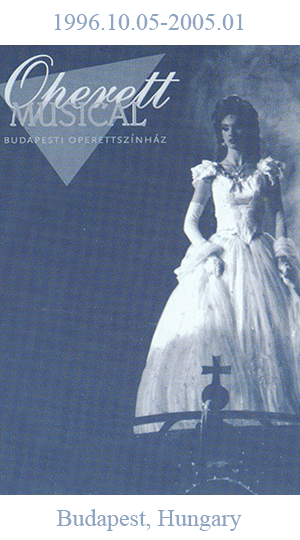


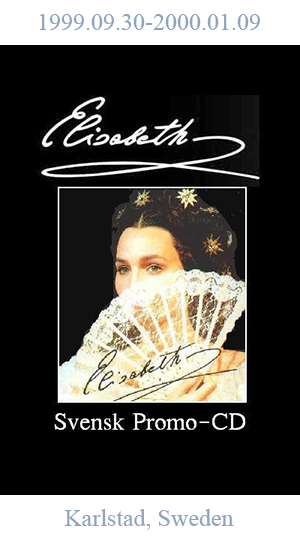
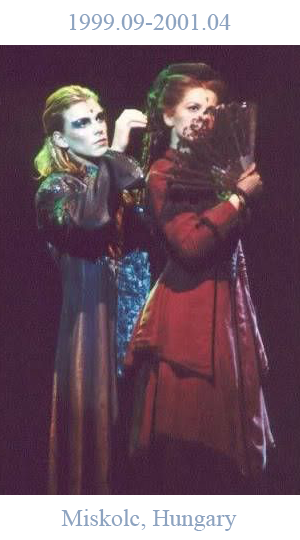


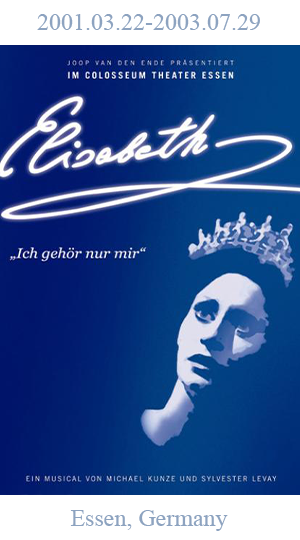

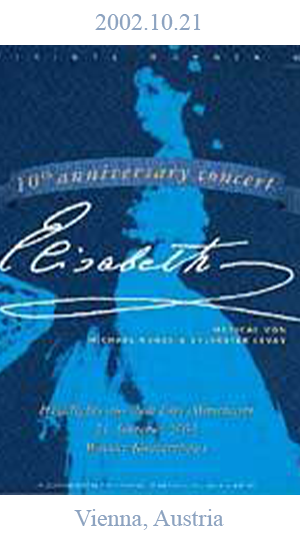


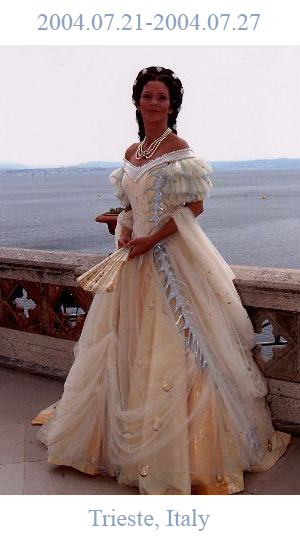


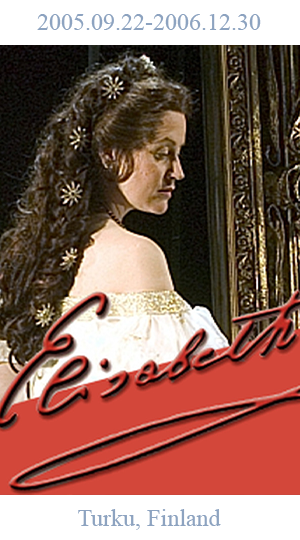

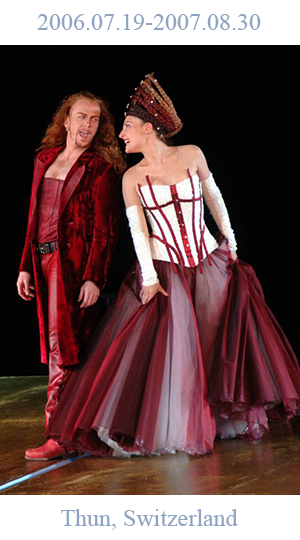


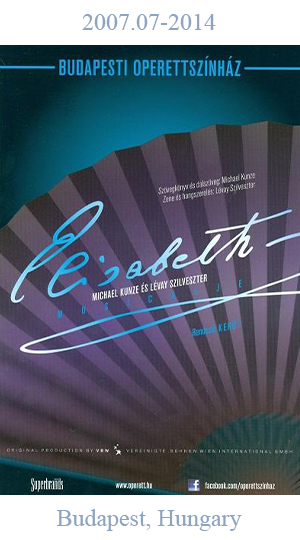


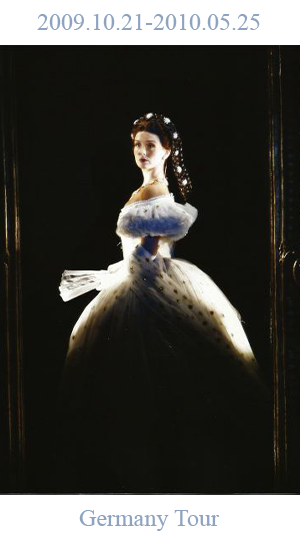


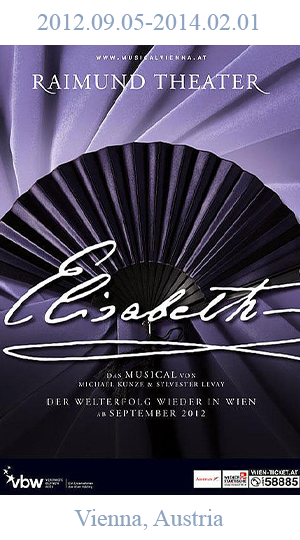

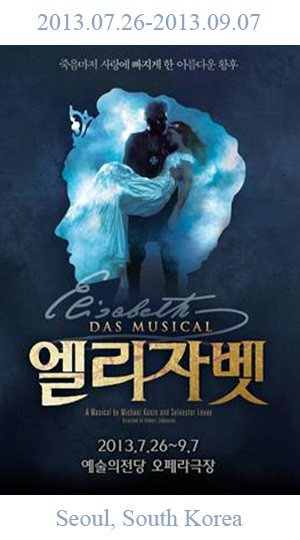








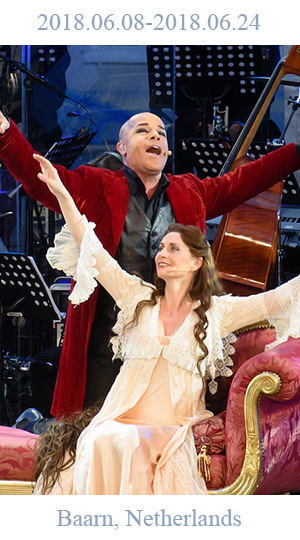

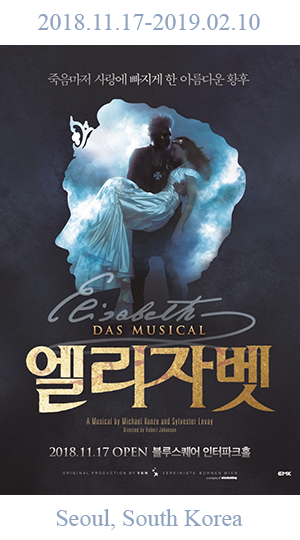

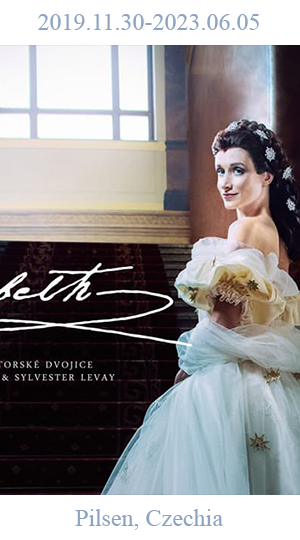
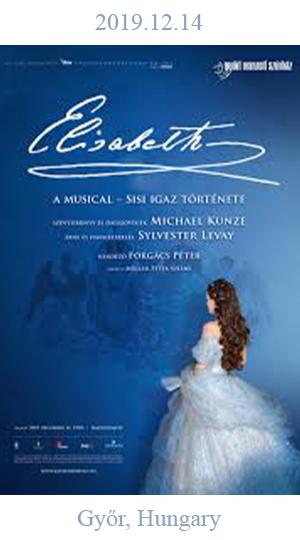


.png)
